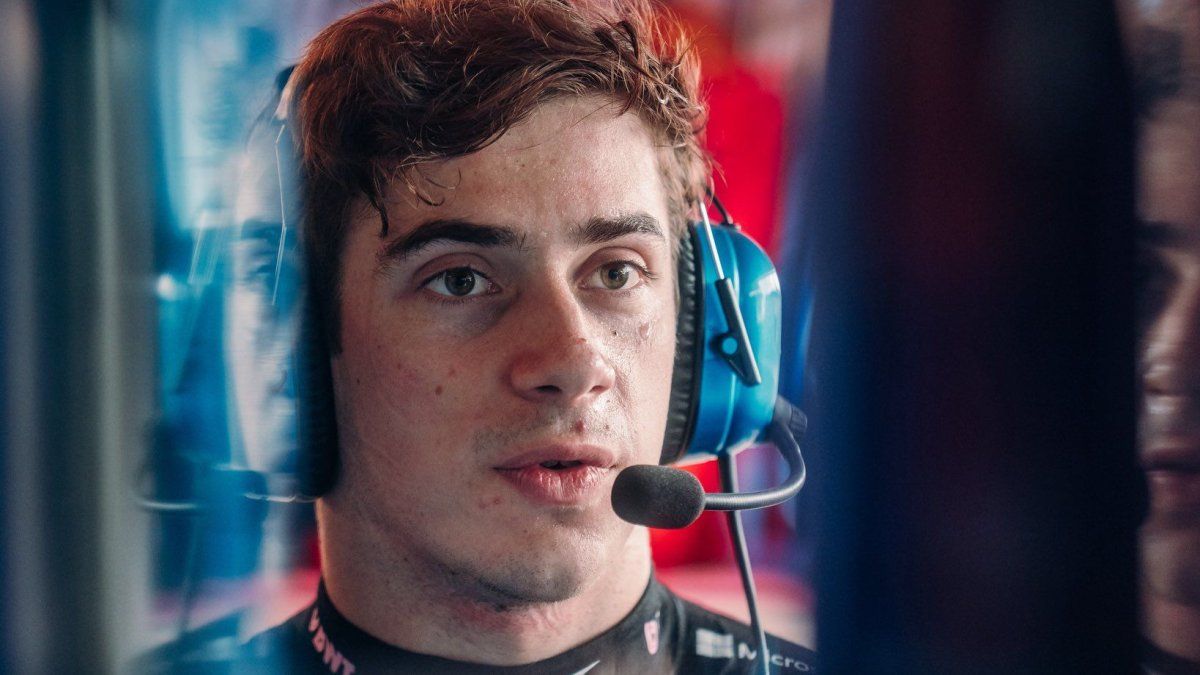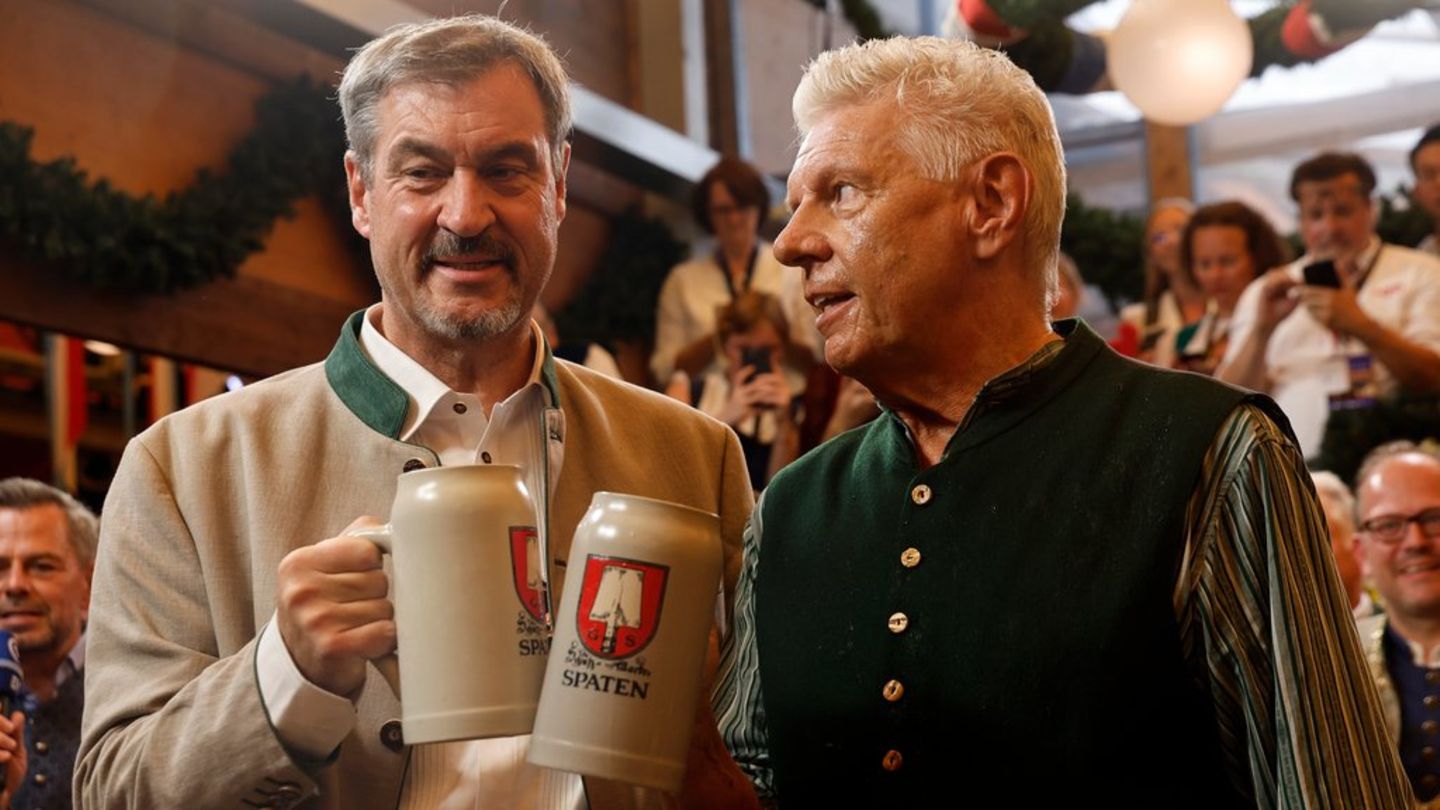image.png
Favio He was a witness, scholar and narrator of those scenes in which humanity is put to the test through characters that end up being defined as archetypes of the everyday and the Argentine, something that he faced as performer, screenwriter and director without losing any detail. In fact, it is not by chance that his films Chronicle of a lonely boy (1965) and The romance of Aniceto and Francisca (1967) are usually evaluated between the best in the history of Argentine cinema.
5 Leonardo Favio movies
Chronicle of a Boy Alone (1965)
Diego Puente is the young protagonist of the first feature film made by Favio together with his brother Zuhair Jurya constant throughout his filmography. The history of Polín is nothing more than a portrait of the most vulnerable population in Argentina: a boy abandoned by his family ends up in a reformatory where, in addition to being deprived of his liberty and his condition as a child, he must deal with all kinds of abuse.
image.png

The idea of Chronicle of a lonely boy It was to return to the intimate memory of the escape from a police station in Mendoza, but with his brother, “El Negro”, they turned the story around to add the bitter memories they both had of their time at the El Alba home.
The film was dedicated to Leopold Torre Nilssonwho sponsored Favio and gave his endorsement to the Film Institute to make his debut feature It is considered one of the best films of national cinema.
The Clerk (1969)
The film directed and scripted by Leonard Favio is another black and white drama that was created from the eponymous story of his brother, Jorge Zuhair Jury. Walter Vidarte, Grace Borges, Fernando Iglesias Y Nora Cullenare the protagonists of this story centered on Fernandez (Vidarte), the lonely employee of a hardware store.
image.png

Fernández does not forget that Don Vila, his employer, once promised him in passing that one day the business would be his. From that moment on, he was in love with Mademoiselle Plasini (personified by Grace Borges), just waiting for that day to come, but the air in the Plasini women’s house is tainted by their fears and perversions that, like the hardware store, they only reinforce the dependency from which the young person cannot escape.
Nazareno Cruz and The Wolf (1975)
With an innate ability, Favio ventures into fantastic terrain such as terror, hand in hand with the adaptation of the homonymous radio play created by Juan Carlos Chiappéwhere he explores myth of the werewolfa legendary creature of Guaraní beliefs that the artist took note of so that his production would be, above all, faithful to the mythology with which the peoples explained what they could not understand about their reality.
Juan José Camero is Nazareno Cruza young peasant who, being the seventh and last sonhe runs the risk of falling into a dreaded curse that leads him to turn into a wolf during full moon nights and unleash chaos and fear among the inhabitants. Nazarene he could maintain his humanity, but under one caveat: he can do so as long as he doesn’t fall in love (under any circumstances).
image.png

At the time “Nazareno” achieved more than 3 million viewers and the category of one of the highest grossing films in the history of Argentine cinema.
Gatica, the monkey (1993)
In 1976, the man from Mendoza made dream, dreamwith Gian Franco Pagliaro and Carlos Monzon. That same year, after the military coup led by Jorge Rafael Videlathe State terrorism implanted in the country forced him to go into exile for his openly Peronist convictions.
After his return to Argentina, Leonard Favio takes up production as the one in charge of portraying the rise and fall of one of the greatest exponents of Argentine boxing, Jose Maria Gatica and recounts different episodes that start from a difficult childhood towards a tragic and premature death.
Edgardo Snow puts himself in the shoes of the boxer throughout his career, where he shows his golden years, his approach to Juan Domingo Peron and the fall of the idol (also driven by his militancy and the proscription of Peronism), between conflicts and miseries of all kinds.
image.png

Aniceto (2008)
Aniceto is a dramatic-musical film that he directed Leonard Favio in 2008 with Hernán Piquín, Natalia Pelayo and Alejandra Baldoni as protagonists of a passionate love triangle through ballet and tango scenes between which long silences and tense looks prevail. The script written by Favio was based, once again, on a story, the ash.
image.png

The movie it is the second version of the movie This is the romance of Aniceto and Francisca, how it was cut short, sadness began and a few more things…, Realized by Favio in 1967 (and popularly known as The romance of Aniceto and Francisca) and, with dozens of recognitions and awards and critical acclaim, it was the last film by the man from Mendoza before his death in 2012.
Source: Ambito
David William is a talented author who has made a name for himself in the world of writing. He is a professional author who writes on a wide range of topics, from general interest to opinion news. David is currently working as a writer at 24 hours worlds where he brings his unique perspective and in-depth research to his articles, making them both informative and engaging.




